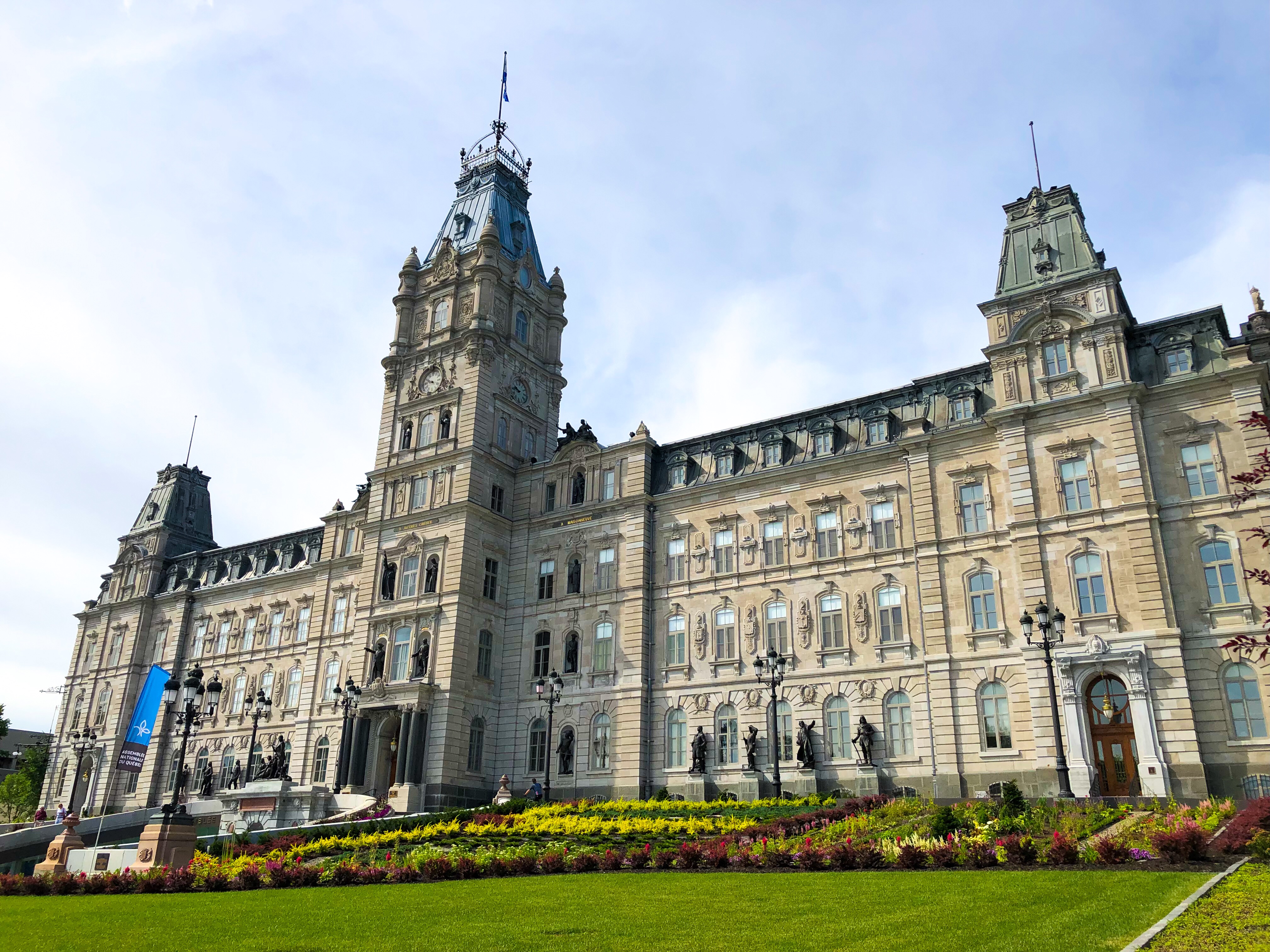
Government agenda at the adjournment of the National Assembly at a glance
The National Assembly adjourned on June 9, a welcome break at the end of a productive first half of the Legault government’s second term. Twenty-seven bills were tabled by the government and 18 were adopted, leaving 11 bills and major reforms on the political agenda for the months ahead. Between personal privacy, hydropower, immigration and healthcare reform, here’s a glimpse of what’s in store for members of parliament when they reconvene on September 12.
A major reform of Hydro-Québec and energy in Quebec is also expected this fall by the Minister of the Economy and Energy, Pierre Fitzgibbon. The issue of energy shortages and the allocation of the remaining blocks have been at the forefront of the news since the beginning of the year, and will continue to be so again when the National Assembly resumes in September. The Minister and Hydro-Québec are faced with a real Sophie’s choice between the number of connection requests and the amount of energy remaining for the industrial sector and are therefore seeking to diversify sources of electricity in order to carry out as many projects as possible. They underlined their great interest in renewable energies (mainly wind power), and demonstrated their interest and willingness to work with the private sector to develop this expertise. Currently, and in anticipation of the bill being tabled in the fall, a public consultation is opened until August 1st on three themes: residential rates, Hydro-Québec governance and electricity supply and demand.
Immigration levels and French language measures are recurring issues under François Legault’s government, with the labor shortage and fears of a decline in the French language placing these issues back at the top of the government’s agenda. Immigration Minister Frechette has launched an industry consultation on the new 2024-2027 immigration plan, which aims to determine immigration levels for permanent economic immigration exclusively, and measures relating to the French language. The plan proposes two possible scenarios: the first is a gradual increase to 60,000 newcomers by 2027, while the second maintains the target of 50,000 immigrants per year. We expect the Minister to table the final version of the 2024-2027 plan this fall.
Bill 15, an Act to make the health and social services system more effective, aims to make Quebec’s healthcare system more efficient, notably through the creation of a new entity, Santé Québec. Criticized by the healthcare sector and opposition parties for being centralizing and failing to address the problem of long waiting lists, the bill is one of the government’s priorities for the fall. However, with over 1,200 sections to be reviewed, and more than 50 amendments planned by the government, the process wil be long and tedious.
Bill 29, an Act to protect consumers from planned obsolescence and to promote the durability, repairability and maintenance of goods, amends the Consumer Protection Act and introduces five important measures: a ban on selling a product for which obsolescence is planned, the creation of a legal warranty of good working order, the reinforcement of the right to repair, the introduction of a “lemon law” for cars and the establishment of standards for a universal charger. As the bill was tabled just before the summer recess, it should be back on the agenda in September when the National Assembly resumes its work.
Finally, an important part of Bill 64 (Law 25) on the modernization of the protection of personal information will come into force on September 22, with seven new obligations. These new measures include the notion of consent, a higher level of confidentiality and measures relating to identification, profiling technologies and data anonymization. The government is currently working on guidelines on the criteria for valid consent, which should be published in October 2023 and guide companies in implementing these new changes.